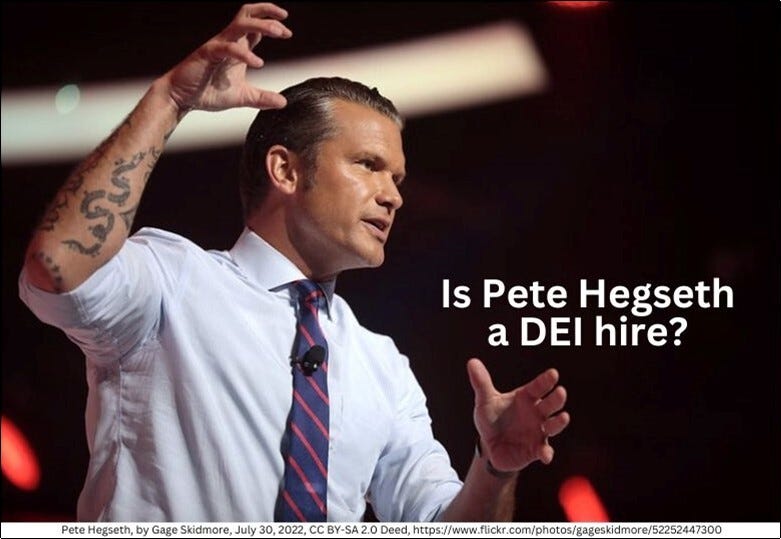A Signal of Incompetence
How Political Loyalty Overrides Competence in Trump’s Inner Circle.
On Monday, March 24th, Jeffrey Goldberg of The Atlantic released a bombshell news story. Many senior members of the Trump administration, along with national security officials, accidentally included him in a group text chat discussing active war plans—on an unsecured phone app, Signal.
This wasn’t just a minor slip-up. It was a national security catastrophe. The incident constitutes a breach of national security, a Federal Records Act violation, an Operational Security (OPSEC) breach, and a potential violation of the Espionage Act. But more than that, it was an act of sheer incompetence that put American lives at risk.
The Dangers of Unsecured Communication in Wartime
Imagine if the unintended recipient of this message had ties—however distant—to Houthi rebels or any adversarial foreign intelligence agency. This wasn’t just an internal embarrassment; it could have been a direct threat to operational security, endangering U.S. troops and allies in real-time conflict.
Official government communications are safeguarded through strict security measures for a reason. The U.S. military and national security agencies rely on encrypted, monitored, and recorded communication channels to prevent intelligence leaks, cyber intrusions, and foreign espionage. Using a consumer-grade messaging app for active war planning is reckless beyond belief.
The Federal Violations at Play
Espionage Act: Sharing sensitive national security information outside of authorized channels—even accidentally—can constitute a criminal offense.
Federal Records Act: Government communications must be documented and preserved—not hidden in encrypted, disappearing-message apps like Signal.
Operational Security (OPSEC) Breach: Discussing classified military operations on an unsecure platform invites espionage, hacking, and enemy interception.
General Incompetence: Even putting aside legality, this reveals a stunning lack of professionalism among high-ranking officials handling life-and-death decisions.
The Hypocrisy Unveiled
During the 2016 presidential campaign, Hillary Clinton faced relentless attacks from Trump and his allies over her use of a private email server. Trump supporters chanted "Lock her up!" at rallies, insisting her actions endangered national security.
Fast forward to 2025, and the same officials who called Clinton a criminal are now implicated in an even more egregious mishandling of sensitive information.
Past Statements vs. Present Actions
Michael Waltz, National Security Adviser, once said, "If it was anyone other than Hillary Clinton, they would be in jail right now... because the assumption is in the intelligence community, if you are using unclassified means, there is likelihood that foreign governments are targeting those accounts." (ABC News)
Pete Hegseth, Secretary of Defense, condemned Clinton’s actions, saying "recklessly handling classified material should be disqualifying." Yet, he was a participant in the unsecured Signal chat discussing military operations. (Yahoo News)
The hypocrisy is undeniable—those who weaponized Clinton’s email scandal are now caught red-handed mishandling military secrets... again.
Cult Politics Breeds Recklessness
To me, the most important takeaway isn’t just the immediate danger posed by this breach—it’s what led to it in the first place.
When you form a cult, which MAGA has become, you embolden people like Pete Hegseth, Tulsi Gabbard, and others to operate without oversight or accountability. When you refuse to police your own, you invite gross negligence, incompetence, and reckless decision-making—and sooner or later, those failures have real-world consequences.
We saw it on January 6th, we saw it in COVID mismanagement, and now we see it in military operations. This pattern isn’t an accident—it’s the inevitable result of a political movement that prioritizes loyalty over competence.
Accountability Matters—Before It's Too Late
This is why rules, laws, and established security protocols exist—to protect lives. The Trump administration’s recklessness with classified information has been a recurring theme, from Mar-a-Lago document stashes to this real-time operational security failure. If this had gone just a little differently, it could have been an even bigger disaster.
The real question now is: Will there be consequences?
If history is any guide, we already know the answer. And that’s the problem.



